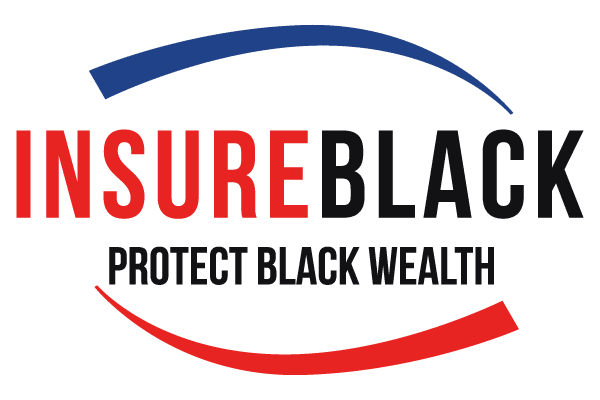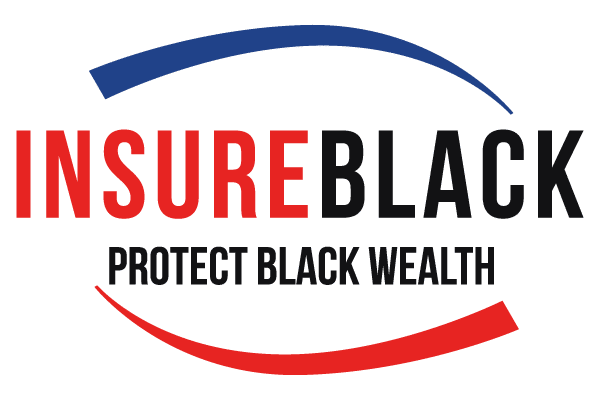Diversity and inclusion helps Black individuals but by design it can’t deliver equity for Black people. When Jackie Robinson integrated Major League Baseball (MLB), it was an example of diversity and inclusion. It was also the beginning of the end for the Negro Leagues. Jackie Robinson was allowed to be “included” in a league that Black people didn’t own. He got a check but the ownership pie of MLB wasn’t diversified, at all. Diversity and inclusion has obvious benefits but its limitations shouldn’t be ignored.
The American Football League (AFL) played its first season in 1960, an upstart league seeking to compete directly with the National Football League (NFL). The NFL soon realized the new league wasn’t going away. Eventually, the leagues began playing what became known as the Super Bowl and ultimately, the two leagues merged. The NFL didn’t take the top players from the AFL and simply include them in the NFL. This was a complete merger in which the AFL players, coaches and even team owners were brought to the NFL intact. The owners of Negro League teams certainly didn’t receive an invitation into MLB. The Negro Leagues soon folded and while the top players were included in MLB, many other players were put out of work, along with coaches and team owners. Vibrant, Black owned leagues and the many jobs they supported were lost in exchange for diversity and inclusion.
Diversity is necessary in a pluralistic society. Diversity and inclusion also makes business sense for firms who hope to appeal to Black consumers and receive Black dollars. But no amount of inclusion will ever bring about wealth and self determination for Black people, that must always be clear. When you are being included as a player in a game someone else owns, there are serious limitations. What if they don’t like the way you play the game? They can ask you to leave. What if you want to rise beyond the level of player and transition to owner? They’ll need to take a vote on it, provided you have the cash to be considered. When you own a team, business or any other organization, you may want to include others but your first priority will always be your own. The owner of the Atlanta Hawks first wants to please the team’s season ticket holders, not every citizen of Atlanta. The owner of a corner store first desires to employ and provide for their blood family. Diversity will always be secondary and thus it can never be an end goal for Black people.
Far too many are misguided in thinking that organizations Black people don’t own and control have the capacity to deliver equality. A father can help provide for needy children in his neighborhood but those children will never arrive at a place of equality with his own kids. Indeed, business owners would find the notion of equality, even with their employees, laughable, regardless of their race. There is no true freedom outside of having control and diversity and inclusion simply cannot deliver that. There should be an expectation of inclusion, and diversity is good for the bottom line, it’s simply not a means to correct all that is wrong.


